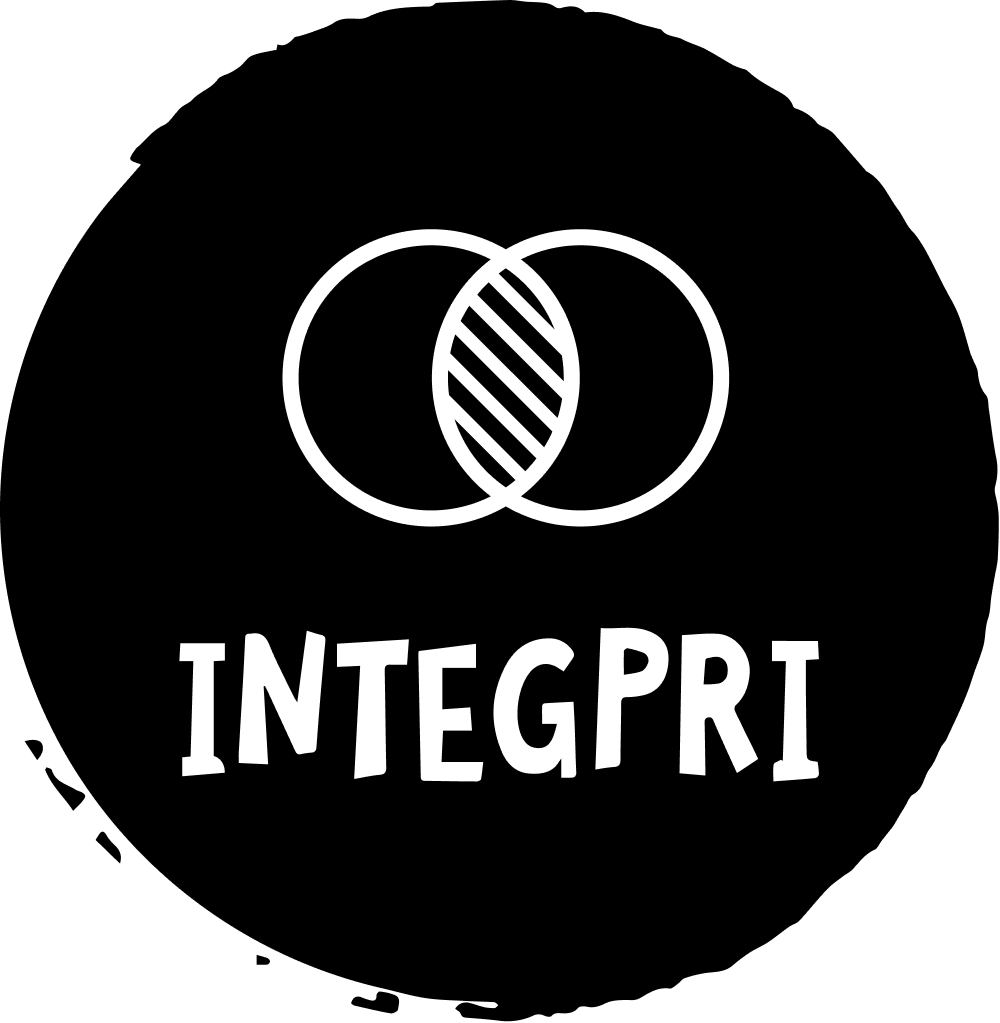In today’s interconnected world, migrants bring with them a wealth of knowledge and skills acquired in their home countries. Recognizing and harnessing these prior qualifications can be a crucial step in their integration process, facilitating their transition into their new societies and contributing to the host nation’s development.
In our Resources section, we explore the concept of recognizing prior knowledge among migrants and provide a comprehensive list of valuable resources that shed light on this essential process. Recognition of Prior Learning (RPL) is the formal acknowledgment of skills, qualifications, and knowledge that individuals have acquired through previous education, work experience, or informal learning. For migrants, the recognition of their prior knowledge can open doors to employment, education, and social integration in their host countries.
Have you ever felt the urge to delve into the realm of prior knowledge and its recognition at the European level, yet found yourself in a labyrinth of information or unsure where to initiate your search? Worry not, as we’ve considered your quest and curated a collection of websites and resources that serve as guiding beacons to quench your curiosity and illuminate the landscape of Recognition of Prior Learning (RPL) for both adult and child migrants.
1. European Commission’s Website:
The European Commission provides information on policies, initiatives, and programs related to the recognition of skills and qualifications for migrants in Europe. You can find resources and reports on topics like skills assessment, integration, and recognition processes.
2. European Migration Network (EMN):
EMN offers research and reports on various aspects of migration, including the recognition of qualifications and skills of migrants. Their publications provide insights into policies and practices across European countries.
3. European Qualifications Framework (EQF):
The EQF provides a common reference framework to compare the qualifications of different European countries. It’s relevant for understanding how prior knowledge and qualifications of migrants can be recognized across borders.
4. European Centre for the Development of Vocational Training (Cedefop):
Cedefop conducts research on vocational education and training, including the recognition of qualifications. They offer reports, studies, and tools related to skills assessment and recognition.
5. European Association for the Education of Adults (EAEA):
EAEA focuses on adult education, including migrants’ integration and recognition of prior learning. They provide resources, case studies, and policy papers on adult education and recognition.
6. European Migration Forum:
The European Migration Forum organizes discussions and provides insights on various migration-related topics, including recognition of prior learning. Their reports and discussions can offer valuable insights.
7. European Migration and Asylum Policies:
Migration Policy Institute Europe offers research and analysis on migration and asylum policies. Their reports often touch upon the recognition of skills and qualifications of migrants.
8. National Authorities and Agencies:
Many European countries have their own national authorities or agencies responsible for the recognition of qualifications. Check the relevant government websites for specific country information.
MORE RESOURCES ON MIGRANT EDUCATION
Refugee Council Classroom Resources For Teachers
https://www.refugeecouncil.org.au/classroom-resources-for-teachers/
Teaching About Refugees – UNHCR materials page
Amnesty International Education Resources On Refugee And Asylum Issues
CAFOD Refugee Resources For Children
INEE Network Refugee Education Resources
European Website on Integration Resources
Child Rights Resource Centre – Promising Practices in Refugee Education
Resources for Supporting Immigrant and Refugee Students
Toolkit – Supporting and Educating Migrant Refugee Children
The Immigrant Learning Center – Educator Webinars
VIDEO INTERVIEWS
How to overcome the language barrier? Learn more about this and more questions in this insightful video!
